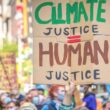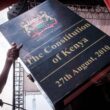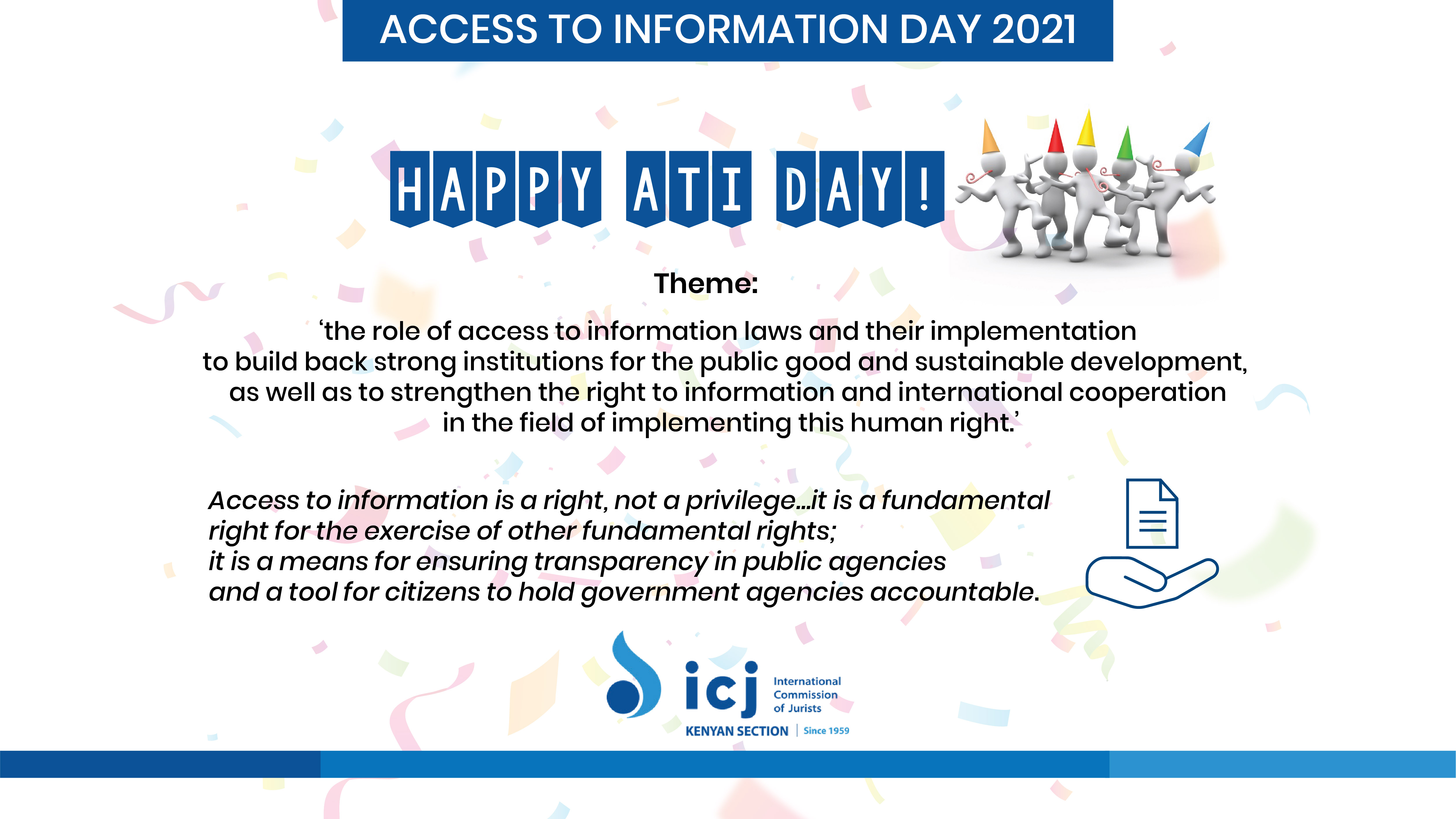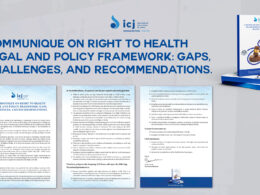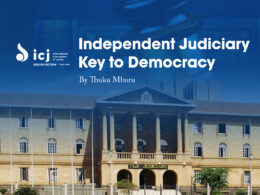By Jane Muhia
Today we celebrate ‘the Access to Information (ATI) Day.’ 28 September was designated as the International Day for Universal Access to Information (IDUAI) at the UN level in October 2019. However, the day had been proclaimed by the UNESCO General Conference in 2015, following the adoption of the 38 C/Resolution 57 declaring 28 September of every year as International Day for Universal Access to Information (IDUAI). [1]
Over the last three years, ATI has been a core part of my work. I have repeatedly found myself frustrated by the slow movement towards increased disclosure of information, especially regarding public affairs, in a timely and accurate way. Mainly frustrating is the scope of what information public officials regard as ‘private and confidential.’ Recently, we have been working with community-based organizations to access procurement-related information in various schools and health centres/hospitals in Nairobi and Machakos counties as part of field research to assess the extent of disclosure. Yet again, on more than one occasion, the monitors reported that they were denied information (although required to be published by law) and were reminded that ‘access to information does not mean anyone can just walk into these institutions and ask for information.’ Ironically, that is the very essence of the Access to Information Act, 2016.
As I was reflecting on the ATI journey in Kenya, ahead of today, I happened to be part of a very insightful conversation on human rights, where the speaker brought up a famous quote by Eleanor Roosevelt[2] on human rights, which was a lightbulb moment for me:
‘“Where Do Human Rights Begin?… in small places, close to home—so close and so small that they cannot be seen on any map of the world. Yet they are the world of the individual person: The neighborhood he lives in; the school or college he attends; the factory, farm, or office where he works. Such are the places where every man, woman, and child seeks equal justice, equal opportunity, equal dignity without discrimination. Unless these rights have meaning there, they have little meaning anywhere. Without concerted citizen action to uphold them close to home, we shall look in vain for progress in the larger world.’
This stands true for the right to information. For most of us, from the very core and basic level of our society, the family, to school, and even at our workplaces…there is a deep-rooted culture of withholding information. Even those affected by such information or the decisions being made are not ‘allowed’ to seek more information. Instead, they are expected to be satisfied with whatever little information the other person/institution, often one with some kind of power…be it the parent, teacher or boss.… is willing to reveal.
It is no surprise then that the ripple effect of these practices in our small spaces is what continues to reflect in our public sector and government, where officials feel that certain information must be jealously guarded under the guise of ‘public order’ or ‘national security’ even where that is not necessarily the case.
At its’ core, the right to access information is an essential catalyst for the enjoyment of other rights, yet most do not even realise it. Additionally, as this year’s theme highlights, ‘the role of access to information laws and their implementation is to build back strong institutions for the public good and sustainable development, as well as to strengthen the right to information and international cooperation in the field of implementing this human right. ‘
The right to information is a right and not a privilege. However, in the words of Eleanor Roosevelt, that approach must start from the tiny everyday spaces that we interact with as individuals; if change does not begin there then, we shall continue to look in vain for progress in the larger world.
[1] https://en.unesco.org/commemorations/accesstoinformationday
[2] Chair of the UN Commission on Human Rights which drafted the Universal Declaration of Human Rights



